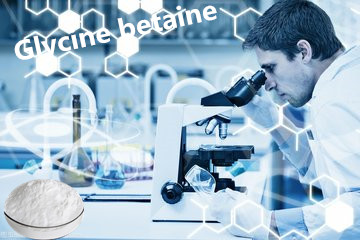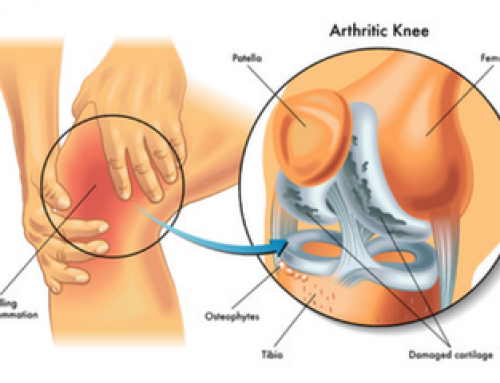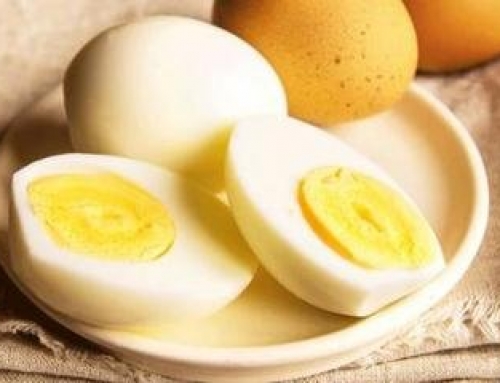Glycine betaine is an alkaline substance with strong hygroscopicity. Therefore, it is often treated with anti-caking agents during the manufacturing process. Its molecular structure and application effect are not significantly different from those of natural betaine, which is equivalent to chemical synthesis.
Pharmacological action of Glycine betaine
1. Anti-fatty liver: increase the level of phospholipids in the blood and liver. Taking this product in advance or at the same time can reduce the content of phospholipids and cholesterol.
2. Antihypertensive: It has a mild antihypertensive effect on anesthetized animals, but it is not effective for hypertension.
3. Anti-tumor: combined with D-isoascorbic acid, it can inhibit the mitosis of sarcoma 37, Ehrlich’s carcinoma and lymphoid leukemia L1210 (LE) in vitro, and the effect is stronger than that of single use.
4. Others: its aluminum chloride salt has anti-ulcer effect, treats gastritis, and promotes wound healing. It also has antiperspirant and deodorant effects.
Application of Glycine betaine
Anti-tumor, lowering blood pressure, resistance to peptic ulcer and gastrointestinal dysfunction, and treatment of liver disease.
As a feed additive, it can regulate the osmotic pressure in the body, relieve stress, promote fat metabolism and protein synthesis.
Protection of enzymes
Glycine betaine has high solubility and no electrostatic charge. It also has a good protective effect on aerobic respiration and energy metabolism.
Salt tolerance
Glycine betaine can be rapidly synthesized in the body and accumulated in a high concentration, without feedback inhibition in the biosynthesis reaction, and NAOH is generated.
Affect the distribution of inorganic ions
Betaine can reduce the degree of membrane lipid peroxidation and increase the root water content and seedling fresh weight of barley seedlings under salt stress.
In addition, betaine has a certain regulatory effect on stomatal movement, respiration and related gene expression under adverse conditions.








Leave A Comment